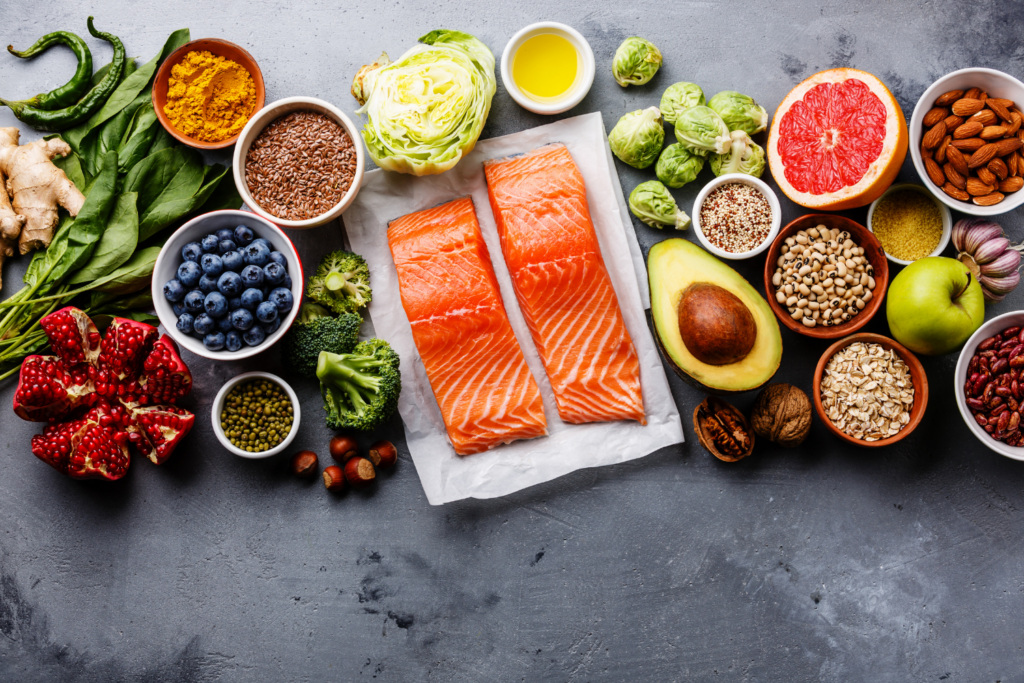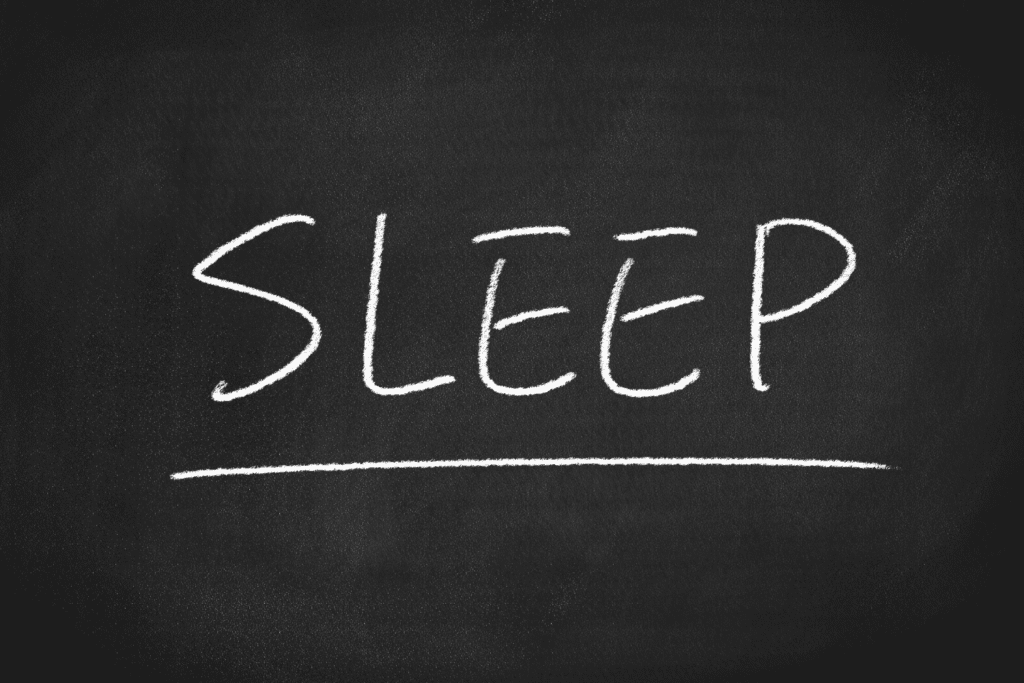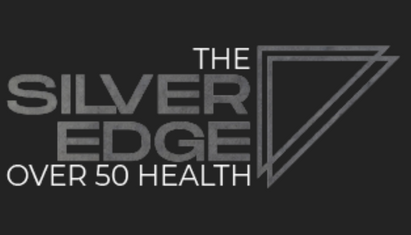
There is an absurd amount of information swirling around the mystical science of weight loss. In the United States the weight loss market (online weight loss programs, consulting services, etc.) is valued at $72B, while the worldwide market comes in at a whopping $190B. In addition, the global weight loss supplement industry was estimated at $212B in 2018… as in 212 BILLION DOLLARS… that’s a lot of pills, powders, and potions.
And here’s the sad reality, studies show that after dieting eighty to ninety-five percent of these dieters will gain weight back… all of it… and in some cases even more than where they started.
What is it about dieting that makes it so difficult? The problem in part is inherent in the very definition of dieting, the fact that we are altering what and how much we eat (sometimes drastically) for a limited time. Some common examples of this are attempting to hit a certain (often arbitrary) goal weight, or for a special occasion such as a wedding or a vacation. The main problem here is what happens when we reach the goal. Let’s say we went on a restrictive diet for two months and lost the ten pounds we set out to lose. Now what? Most people default back to exactly what they were doing before, with exactly the same results.
What if the secret to permanent weight loss isn’t held by a company with the latest fad diet (Grapefruit diet anyone?), or by the latest hi-tech fat-burning supplement company, but rather a commitment to some rather simple nutritional basics incorporated into our daily lifestyle? I’ll admit this doesn’t have the same sex appeal as “Get your body bikini ready in 3 weeks with our new proprietary HydroxyRipped-Thermogenic-Fat-Burner-Smoothie (now with Acai berries),” and clearly there’s very little money to be made with a sensible no-nonsense approach to holistic nutrition.

Beware of savvy marketers preying on our instant gratification instincts. There are no shortcuts or “magic pills” in responsible weight management.
If you’re tired of yoyo dieting, and ready to incorporate real lasting body composition changes into your lifestyle (or know someone who is), then please consider this: it all starts with a change of mindset. There’s good news and bad news here. The good new is that even though nutritional science is tremendously complex, you really don’t need to understand much beyond a few basic concepts to affect real meaningful change. The bad news is that eating behavior and psychology are also tremendously complex, and you do need to have a firm grasp of these concepts to make lasting changes.
People eat for a wide rage of reasons. We obviously eat when we’re hungry, but we eat for a host of other reasons:
· Emotions – often times we eat when we’re stressed or emotionally distraught; we find solace and comfort in food. There’s some science to back up why this might be. After a stressful situation your cortisol rises, which can trigger appetite.
· Traditions/Habits – many of us eat at specific times of day, or with certain people, or specific foods (often cultural). Some of us habitually “eat on the go” or scarf our food quickly to get on with our hectic lives.
· Boredom – ever found yourself standing in front of the fridge (or pantry) holding the door open staring vacantly inside? Chances are you’re not hungry, you’re bored.
· Social – ever been out with a group of friends and found yourself gorging on chips and queso and fried chicken wings? It’s easy to over-eat (and over drink) in social situations when everyone else is doing it.
An awareness of “why” we eat, as well as when we eat will go a long way towards your first steps in achieving and (most importantly) maintaining your desired body composition. While diet and supplement companies prey on our desire for immediate results, depending on where you’re starting from, your goal body weight might take a little more time. To set expectations, a good rule of thumb is to shoot for a .5 to 1 pound of weight loss each week. To put that into perspective, a 60 year old man who is 40 pounds overweight needs to be in it for the long haul. In a perfect world, if he loses a pound a week he’s looking at “dieting” for ten months. But we don’t live in a perfect world, and life happens, so his weight loss journey will likely take a year. It may be helpful to have goals along the way (for example lose four pounds a month). And once our man has reached his goal weight, he now has the tools he needs to maintain his new healthy weight, he’s incorporated sound nutrition into his lifestyle. It helps tremendously to consider your new nutrition lifestyle as a life-long journey, NOT a destination.
1. Eat mindfully – slow down! It’s easy in today’s rushed world to eat quickly and distractedly. Put your phone and other distractions away and eat slowly and mindfully. I like the practice of putting your fork down between every mouthful. Chew slowly and completely, be aware of what your eating – how it tastes, the aroma and texture of your food. It takes time for the stomach to signal the brain that you are full, and when you eat quickly or distractedly you quite likely miss those signals.
2. Eat Whole Foods – whole foods are simply foods with one ingredient. Meats, vegetables and fruits, nuts, beans and legumes are all examples of whole foods. Start by reducing (and eventually eliminating) highly processed foods and drinks – especially those with high sugar and vegetable oil content. For bonus points choose whole foods that are locally sourced or are organic. Moving towards mindfully eating a whole foods diet is a simple lifestyle change that can have a dramatic effect on your weight loss journey, as well as your overall health.
3. Learn Your Energy Balance – this is the most important concept you’ll need to master for sustainable weight loss and weigh maintenance. But it’s also more complicated, so we put it third on this list. More important than what you eat (Paelo, Vegan, Keto, Atkins, Whole30, Weight Watchers, Jenny Craig, etc.) or when you eat (intermittent fasting), is how much you eat relative to the calories you expend each day. Energy balance is the ratio of number of calories eaten versus burned, and the equation is very straight forward. Eat more calories than you expend, and you’ll gain weight. Conversely eat less than you expend, you’ll lose weight. Finally, eat roughly the same calories as you expend, and you’ll maintain weight. There are some simple online calculators that can help you determine how many calories you spend each day ( Mayo Clinic calculator can be found HERE and Active.com calculator can be found HERE). Let’s take an example of a 55-year-old woman who has determined that she is burning approximately 1,700 calories a day. For responsible weight loss she might consider starting with a 200-300 calorie deficit (remember we’re shooting for .5-1 lbs of weight loss per week). This means that she would eat 1,400-1,500 calories each day. This could be as simple as foregoing that daily Starbucks Frappuccino and replacing it with a black coffee with skim milk, or as complicated as measuring/tracking everything eaten in a day (plenty of great apps that make this simple if you want to go this route – I like MyFitnessPal.)
4. Reduce Stress – life can be hectic – families, jobs, social commitments – it can be difficult to remain present and centered in today’s fast-paced world. As mentioned above, our bodies produce cortisol in stressful times, and this can lead to a host of problems, including increased appetite. Some simple ideas for reducing stress include taking up a meditation or yoga practice. This can be as simple as setting aside 15 minutes each morning for meditation, prayer, gratitude, etc. to enrolling in a beginner’s yoga class.

5. Sleep– many of us are not getting enough sleep, in spite of the fact that ongoing sleep deficiency is linked to an increased risk of heart disease, kidney disease, high blood pressure, diabetes, and stroke. A lack of sleep is also associated with a rise in the hormone Ghrelin, which stimulates the appetite. Consider taking steps to improve your “sleep hygiene.” The CDC has some great recommendations on improving quality sleep hygiene HERE.
6. Get Strong – there are many reasons to get strong(er), such as improved overall health, iconfidence and mood, and body composition. While we want to lose body fat, it is desirable to increase lean muscle mass, which goes a long ways towards improved body composition. Consider joining a gym, and for bonus points get a qualified (do your research!) coach or trainer.
Crafty marketers are constantly trying to sell us a get-slim-quick-fix… but like the unicorn it may beautiful, but doesn’t truly exist. There’s no diet “hack,” no secret pill, just a change of mindset, along with incorporating a few simple nutritional basics into our daily lifestyle.
We want to hear from you! What are your thoughts? What has (or hasn’t) worked for you?
